Around the Industry
Ball Horticultural Company Acquires Darwin Plants
Ball Horticultural Company announced it has acquired Dutch perennials company Darwin Plants. The agreement combines Darwin’s specialty expertise in perennials with Ball’s extensive capabilities in research, production, sales, marketing and customer service.
“One of our goals is for Ball to be known as a perennial company,” says Anna Ball, president and CEO of Ball Horticultural Company. “Adding Darwin Plants to our offering means our customers benefit from specialized expertise and even more innovative products.”
Darwin Plants co-presidents Gary Vanburen and Hans Witteman see the acquisition as a very positive move forward for the industry. “This combines the strengths of both companies and allows Darwin Plants to focus on what we do best: keeping the market fresh by continually sourcing new perennial varieties from around the world.
The company will continue to operate under the name Darwin Plants with its existing management and staff. As part of Ball Horticultural Company, Darwin Plants will maintain its focus on scouting and promoting new and unique perennial varieties while continuing operations with its existing range of more than 1,000 perennials available as bareroot or young plants. As it does currently, Darwin will distribute all of its products from its base in Hillegom, The Netherlands.
Greenheart Becomes First Fair Trade Store for Chicago
Greenheart opens its doors this month as the newest fair trade and eco-friendly gift and home accessory shop in Chicago. The shop, located in the popular River North neighborhood and open in time for the busy holiday season, features mostly gifts, bath and body items, and home accessories, handmade by artisans from around the world who are paid fair wages. It also stocks local, handmade products made from sustainable resources.
“We began Greenheart as a way to promote positive change in our neighborhoods, our country and our world,” says Emanuel Kuntlezman, president and founder of the Center for Cultural Interchange, the non-profit organization that began the retail shop as an expansion of its programs. “It’s important for all of us to work together and support these creative and talented individuals so their skills and expertise are not exploited.”
Research supports a growing consumer demand for goods that are traded through direct partnerships between economically disadvantaged artisans and farmers, and marketers in developed markets in the North.


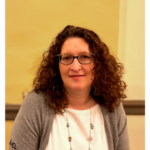
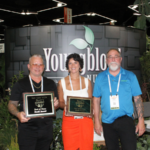

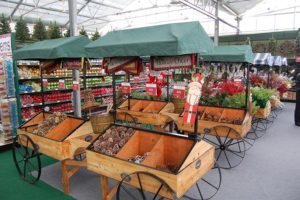
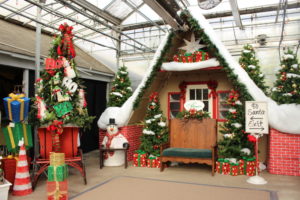

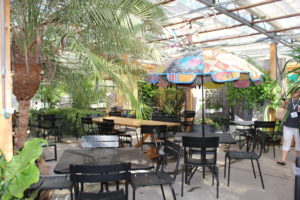
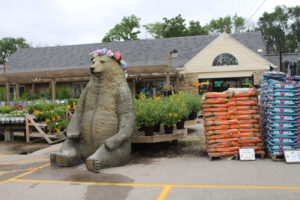

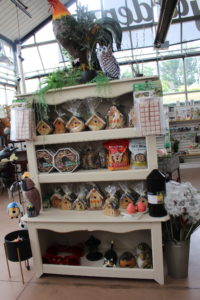
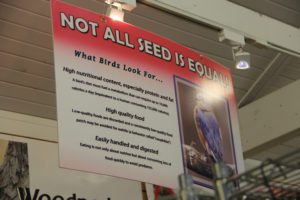
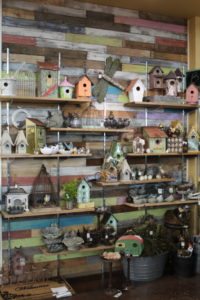

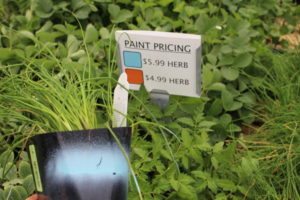
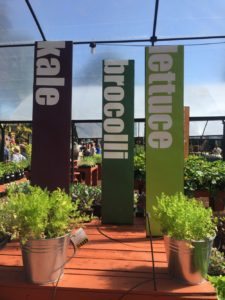
 Videos
Videos





